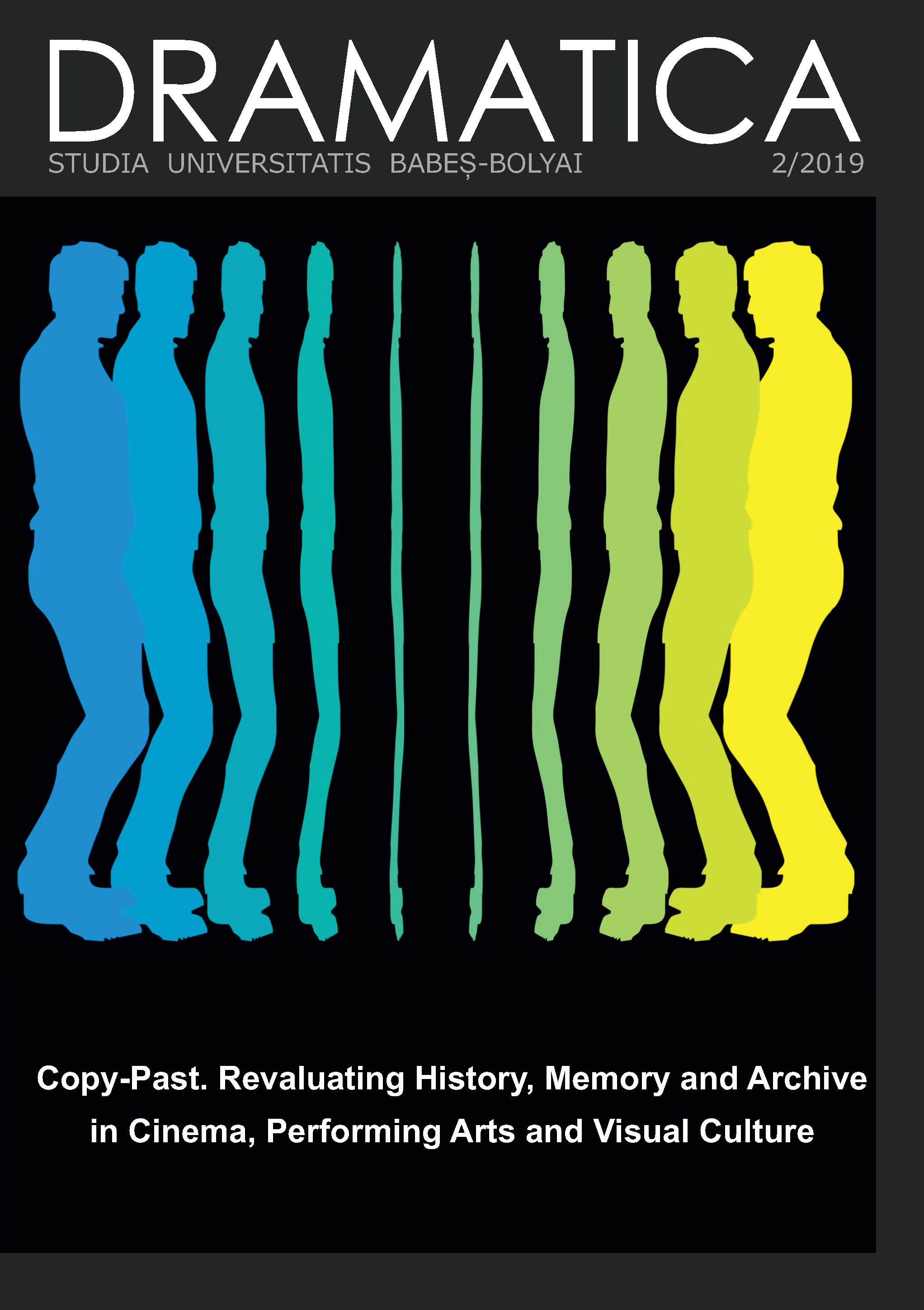The Vision of the American History in Paul Thomas Anderson’s Filmography
DOI:
https://doi.org/10.24193/subbdrama.2019.2.09Keywords:
Paul Thomas Anderson, Howard Zinn, USA, 20th centuryAbstract
This paper presents the reinterpretation of the history of the 20th century United States as shown in the chosen films by Paul Thomas Anderson [There Will Be Blood (2007); The Master (2012), Inherent Vice (2014)]. His filmography is presented as a valid historical narrative, which encompasses the American 20th century in its entirety. The notion of historical narrative is presented with reference to the writings of Hayden White. The modern American society is characterized by its atomization and impossibility of forming interpersonal relationships. Anderson’s historical movies are treated as an attempt of finding the rationale for these societal conditions. The analysis refers to the traditionally American values of individualism and Emersonian self-reliance. Anderson’s films show the modern reinterpretation of these values which degenerated into egoistic self-centeredness. This process is seen in the emergence of the hardline capitalism (There Will Be Blood) and is strengthened by the post-war shattering of human relations (The Master). This deterioration of values cannot be stopped, what is shown through the failed hippie revolution (Inherent Vice). Throughout the analysis the films are constantly contrasted with the narrative of Howard Zinn’s A People’s History of the United States. This work is chosen as a point of reference because it was a significant reinterpretation of dominant historical narrative in itself, while still remaining scientific in its nature. The aim of this paper is to further the interdisciplinary research by showing that both historical and artistic narratives reinterpret the American history and have their tangent points.
References
BELLAH, Robert Neelly, William M. Sullivan, Richard Madsen, Ann Swidler, and Steven M. Tipton. Habits of the Heart: Individualism and Commitment in American Life. Edited by Robert Neelly Bellah. New York: HarperCollins, 1986.
“Director Paul Thomas Anderson on This Fall’s Most Buzzed-about Film, ‘The Master.’” Cigarettes and Red Vines, 2012. http://cigsandredvines.blogspot.com/2012/10/interview-cbc.html.
EMERSON, Ralph Waldo. Self-Reliance. White Plains, N.Y.: Peter Pauper Press, 1967.
FOUNDAS, Scott. “There Will Be Blood Is Anderson’s Citizen Kane.” LA Weekly, 2007. https://www.laweekly.com/there-will-be-blood-is-andersons-citizen-kane/.
GOETHE, Johann Wolfgang von. Faust, Part One. Translated by David Luke. Oxford: Oxford University Press, 1987.
RUDWIN, Maximilian. Diabeł w legendzie i literaturze. Kraków: Znak, 1999.
TOLES, George. Paul Thomas Anderson. Urbana: University of Illinois Press, 2016.
WHITE, Hayden. “Interpretation in History.” New Literary History 4, no. 2 (1973): 281–314.
ZINN, Howard. A People’s History of the United States. 3rd editio. London and New York: Longman, 2003.
Downloads
Published
How to Cite
Issue
Section
License
Copyright (c) 2019 Studia Universitatis Babeș-Bolyai Dramatica

This work is licensed under a Creative Commons Attribution-NonCommercial-NoDerivatives 4.0 International License.


